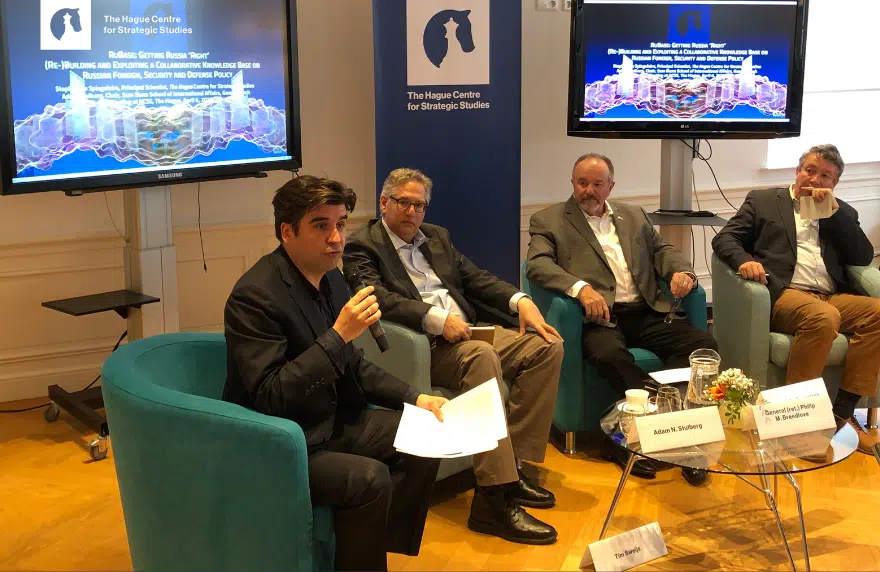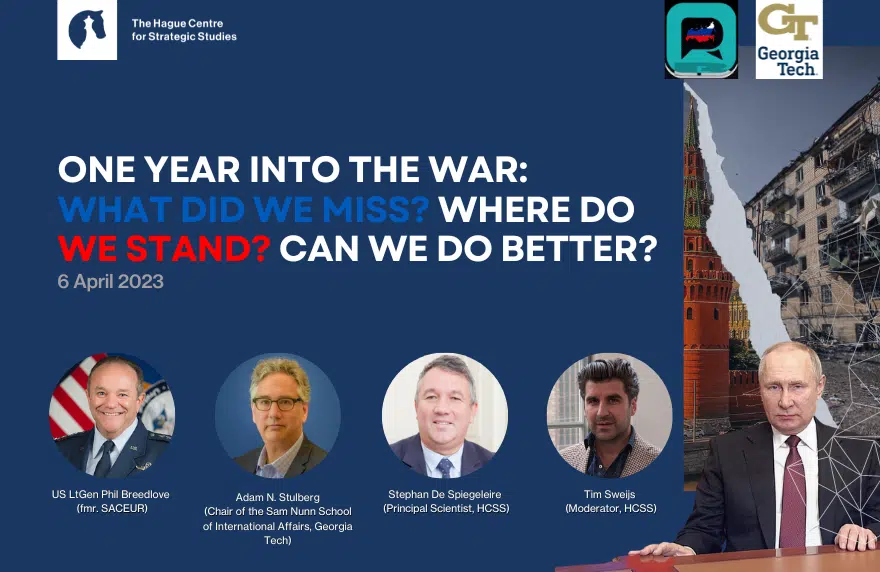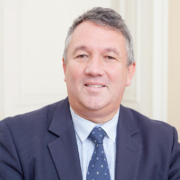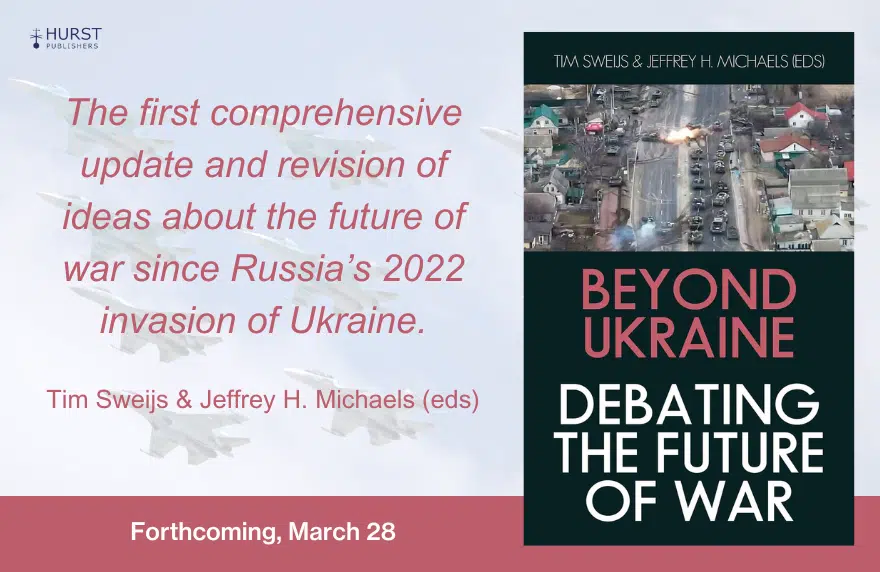On April 6, HCSS was honoured to welcome General (ret.) Philip M. Breedlove, the former Supreme Allied Commander Europe (SACEUR), for a presentation on his thoughts on one year of war in Ukraine. Together with Adam N. Stulberg (Professor & Chair, Sam Nunn School of International Affairs, Georgia Institute of Technology), and HCSS principal scientist Stephan De Spiegeleire, he participated in a panel moderated by HCSS director of research Tim Sweijs.

It has been over a year since Europe and the world woke up to the large-scale unprovoked and mostly unexpected invasion by Russia of Ukraine. This was yet another major strategic misreading by the west – one of so many over the past few decades. Where do we stand today with all of this? Do we have a better analytical grip over Russia’s strategic thinking and acting now than we did a year ago? Have our strategic decision-support tools and methods improved? Is there any evidence that the artificial intelligence revolution that is mushrooming all around us (e.g. chatGPT and Bard) is starting to have an impact on these issues as well? Could it, and if so – how?
RuBase
The Georgia Institute of Technology and HCSS have been engaged in a 3-year basic research programme – RuBase),investigating what we actually know about Russia, how we know it, and how we can improve what we know.
As part of their outreach effort, General (ret.) Breedlove, Prof Stulberg and Stephan De Spiegeleire presented their thoughts on the war and on the underlying knowledge base – as well as some of the key findings of the RuBase project – to a group of high-level policymakers and experts.
General Breedlove lamented the lack of strategic clarity regarding the specifics of Western support for Ukraine. He underscored that widespread claims of providing “all means necessary” and “for as long as it takes” are insufficient for developing time-lines, logistics, etc. that lie at the crux of military planning. Accordingly, he suggested that political leaderships should be nudged to provide more definition to the West’s commitment to stand firm with Kyiv.
This April and May the main take-aways from this major research effort will also be presented to policy communities in Brussels, Paris, The Hague and Washington, DC.
Note: This was an invite only event under the Chatham House Rules.











